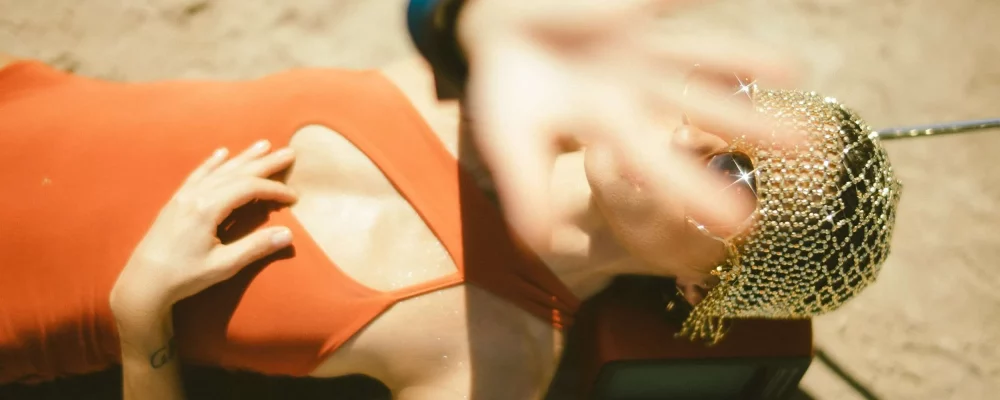Photo by Pawel Szvmanski on Unsplash
Are there any female celebrities you have a distaste for, but cannot put your finger on why?
In the age of misinformation, it is more important than ever to find reliable news sources. This is not just for political and social issues, but for entertainment news as well.
Female celebrities are constantly dealing with sexist behavior in their day-to-day lives, be it with their jobs, on set, or with interviews. Famously, tabloids have a long history of pitting women against each other and spreading misinformation about female celebrities.
“Tabloid culture thrives on humiliating these women, competing on who can snap the most controversial photos. The spectacle of their misbehavior quickly eclipses their talent as artists and entertainers,” says writer Sara DeLozier in her article about why people can be so harsh on female celebrities.
DeLozier continues, “A woman only has to have a drinking problem, express sexuality, be too skinny, or shave her head to be considered a ‘hot mess.’”
With the use of out of context screen grabs, misleading headlines, and tabloid overexposure, female celebrities are often discredited by the media and subsequently by consumers.
Even Superbowl LIV halftime headliner Jennifer Lopez is pinned with unwarranted labels. “I did get a moniker of being a diva, which I don’t deserve,” says Lopez in a 2016 interview with The Hollywood Reporter. She continues, “I’ve always been fascinated by how much more well behaved we [women] have to be than men.”
This unequal treatment has, despite her superstar status, made Lopez feel “sometimes crippled to voice [her] opinion…. We [as women] are not allowed to have certain opinions or be a certain way, or be passionate,” she said.
Media is often tougher on women, often pitting them against each other. From Angelina Jolie vs. Jennifer Aniston to Taylor Swift vs. practically everyone, these often exaggerated celebrity feuds make front-page headlines, even in a news year as busy as 2020.
“Experts who study this behavior say it’s because we use pop culture as a way to argue about societal issues,” Sonia Rao explains in this Washington Post article. “In a way, celebrity feuds are proxy wars” (Rao).
Once we recognize this problematic pattern of media discrediting women and pitting women against one another, the quicker we know to dismiss the misinformation.
So, next time you are standing in the checkout line at the grocery store, and a bright yellow headline catches your eye, remember to empower strong women even when the coverage they receive does not.


